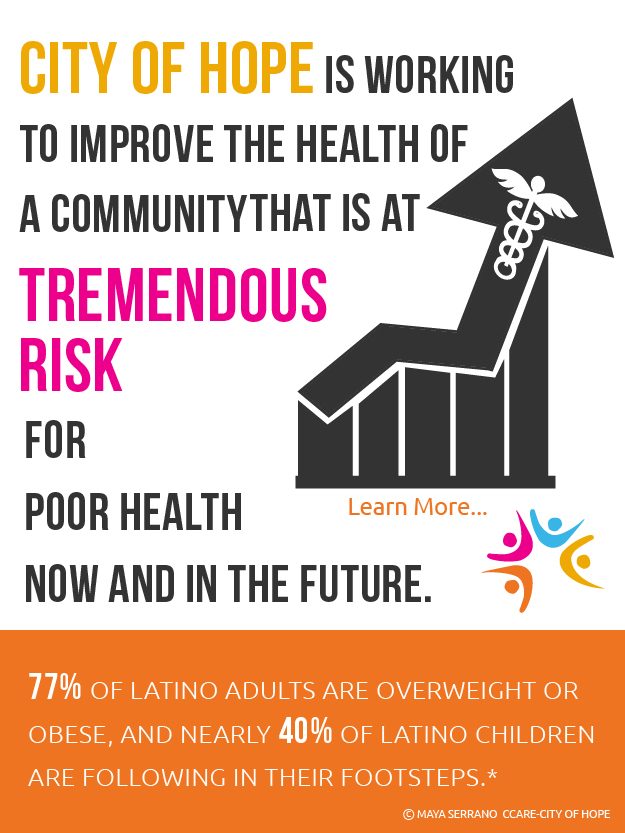
Study Links An Estimated 184,000 Deaths With Sugary Drinks
09/10/2015 12:18PM | 6877 viewsBOSTON — Research published June 29 in the journal Circulation found an association with sugar-sweetened drink consumption and an estimated 184,000 adult deaths each year worldwide.
“Many countries in the world have a significant number of deaths occurring from a single dietary factor — sugar-sweetened beverages,” said Dariush Mozaffarian, M.D., senior author of the study and dean of the Friedman School of Nutrition Science & Policy at Tufts University in Boston. “It should be a global priority to substantially reduce or eliminate sugar-sweetened beverages from the diet.”
The American Beverage Association, Washington, responded that the study did not find that sugar-sweetened beverages cause chronic diseases and noted other factors, such as smoking and lack of exercise, are linked to chronic diseases.
“America’s beverage companies are committed to being part of real solutions to public health challenges,” the A.B.A. said. “This study does not show that consuming sugar-sweetened beverages causes chronic diseases, and the authors themselves acknowledge that they are at best estimating effects of sugar-sweetened beverage consumption.
“America’s beverage companies are doing their part to offer consumers the fact-based information and the beverage options they need to make the right choices for themselves and their families.”
The study initially was presented as an abstract at the American Heart Association Council on Epidemiology and Prevention in 2013. The study defined sugar-sweetened beverages as any sugar-sweetened soft drinks, fruit drinks, sports/energy drinks, sweetened iced teas or home-made sugary drinks like “frescas” that contain at least 50 calories per 8-oz serving. The study excluded 100% fruit juice.
The researchers estimated sugar-sweetened beverage consumption may be linked each year to about 133,000 deaths from diabetes, 45,000 deaths from cardiovascular disease and 6,450 deaths from cancer.
Dariush Mozaffarian, M.D., is the senior author of the study and dean of the Friedman School of Nutrition Science & Policy at Tufts University in Boston.
“Some population dietary changes, such as increasing fruits and vegetables, can be challenging due to agriculture, costs, storage and other complexities,” Dr. Mozaffarian said. “This is not complicated. There are no health benefits from sugar-sweetened beverages, and the potential impact of reducing consumption is saving tens of thousands of deaths each year.”
Of the 20 most populous countries, Mexico had the highest death rate linked to sugar-sweetened beverages at 405 deaths per million, or 24,000 total deaths. The United States ranked second at 125 deaths per million, or 25,000 total deaths. The estimated percentage of deaths varied from less than 1% in Japanese over 65 years old to 30% in Mexican adults younger than 45.
Estimates of consumption were made from 62 dietary surveys involving 611,971 people and conducted across 51 countries between 1980 and 2010, as well as data on national availability of sugar in 187 countries and other information. The format allowed researchers to capture geographical, gender and age variation in consumption levels of sugar-sweetened beverages in different populations.
Based on meta-analyses of other published evidence on health harms of sugar-sweetened beverages, the researchers calculated the direct impact on diabetes and the obesity-related effects on cardiovascular disease, diabetes and cancer.
A grant from the Bill & Melinda Gates Foundation to the 2010 Global Burden of Diseases study supported initial data collection for the study. A training grant from the National Institute of Diabetes and Digestive and Kidney Diseases and a KOO/ROO Pathway to Independence Award from the National Heart, Lung and Blood Institute supported Gitanjali Singh, Ph.D., lead author of the study and a research assistant professor at the Friedman School of Nutrition Science & Policy at Tufts University.
With regard to diabetes, the A.B.A. pointed to the National Institute of Diabetes and Digestive and Kidney Diseases of the National Institutes Health saying people at greater risk of type 2 diabetes include certain racial and ethnic groups such as Hispanic/Latino, Asian Americans, Pacific Islanders, American Indians and Alaska natives. Other people facing a greater risk of type 2 diabetes include those who are over age 45, have a family history of diabetes, are overweight, do not exercise regularly, have low H.D.L. cholesterol or high triglycerides, have high blood pressure, have impaired glucose tolerance and/or impaired fasting glucose, have a history of cardiovascular disease, have polycystic ovary syndrome, and have other chemical conditions associated with insulin resistance.
“Other than knowing geographical region, we have no details regarding whether these factors were accounted for in this study,” the A.B.A. said.
With regard to heart disease, the A.B.A. pointed to the National Heart, Lung and Blood Institute of the National Institutes of Health saying the major risk factors for heart disease are high blood pressure, high blood cholesterol, diabetes, smoking, being overweight, being physically inactive, having an unhealthy diet and stress.
“While many risk factors are beyond our control, there are things we can do, including not smoking, maintaining an appropriate body weight and being physically active, to help mitigate risk for heart disease,” the A.B.A. said.












Post your Comment
Please login or sign up to comment
Comments